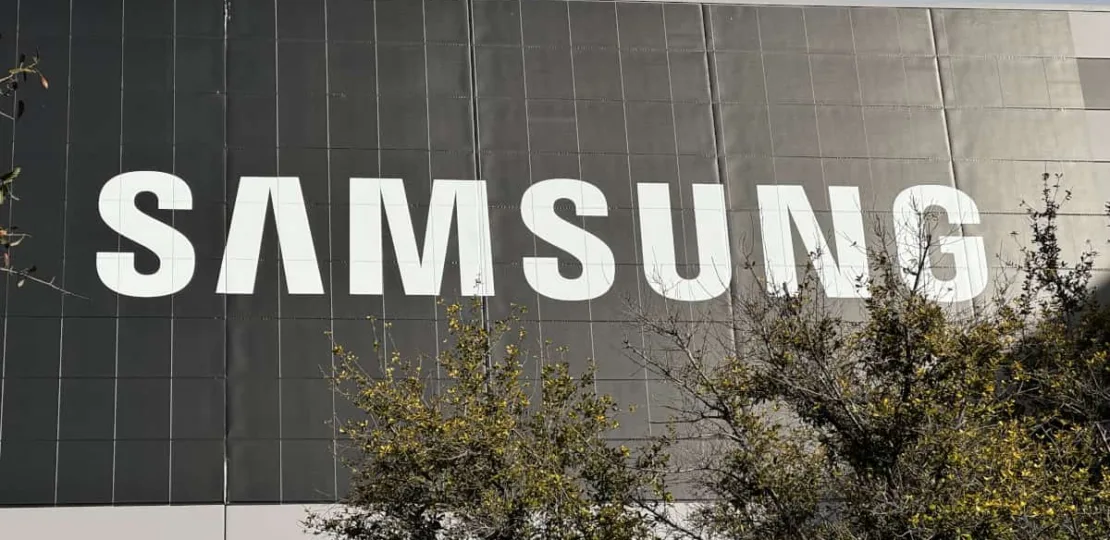
The tech world has known for a while that Google is switching from Samsung to TSMC for the production of the Tensor chip for the Pixel 10 series. The news brought joy and high expectations among fans of Pixel devices. However, not everyone has taken the development in the best way—primarily Samsung, the main affected. New reports are shedding light on just how deeply that decision has impacted Samsung internally.
Far from just a lost contract, Google’s pivot to TSMC reportedly sent a “shock” through Samsung’s ranks. It also served as a critical “wake-up call” for the company’s Foundry division.
Google’s switch to TSMC to make the Pixel 10 chip was a “shock” for Samsung
Samsung and Google have been working together on chips for Pixel phones for years. The South Korean giant has been assisting Google in developing the Tensor chips. Because of this, the Tensor and Exynos chips have many things in common—for better and for worse. However, starting with the Pixel 10 series, the Tensor G5 chip (the working name) will be produced by TSMC’s factories. The move caused such an impact at Samsung that it is now being referred to internally as “the Google incident.”
According to a report from The Bell, losing Google as a big customer for chips is prompting serious introspection. Samsung’s Device Solutions (DS) division has been holding global strategy meetings to dissect what went wrong and how to fortify their chip manufacturing capabilities.
The internal analysis points to several uncomfortable truths. A key factor appears to be Samsung’s reported struggles with the yield rates of its advanced 3 nm process. At this point, it is quite clear the large gap there is with respect to TSMC’s more robust production. Beyond manufacturing, there are concerns regarding Samsung’s software resources and a perceived lack of semiconductor design intellectual property (IP) to fully meet Google’s evolving performance demands.
Adding another layer of complexity, Google’s growing ambition in foldable smartphones directly puts it in competition with Samsung. This dynamic likely influenced the decision, much like Apple’s past shift from Samsung to TSMC.
A reflection of the situation at Samsung Foundry
Google’s switch to TSMC only highlights Samsung Foundry’s ongoing challenge to attract and retain high-profile clients. In response, the company is reportedly exploring significant countermeasures. These include plans for potential foundry spin-offs and even partial transfers of its System LSI division. Basically, the company would be considering a major strategic overhaul. Samsung is also looking to diversify its advanced chip applications beyond AI. The company wants to be a protagonist in growing sectors like automotive and robotics. Plus, Samsung wants to reinforce current collaborations with key partners.
The pressure is on, and the success of future endeavors, such as their in-house 2nm Exynos 2600 chip for the Galaxy S26 series, is seen as crucial for Samsung to regain trust and attract major tech clients moving forward. Google’s switch to TSMC for the Pixel 10 chip was clearly a turning point for Samsung.
RELATED POSTS
View all


